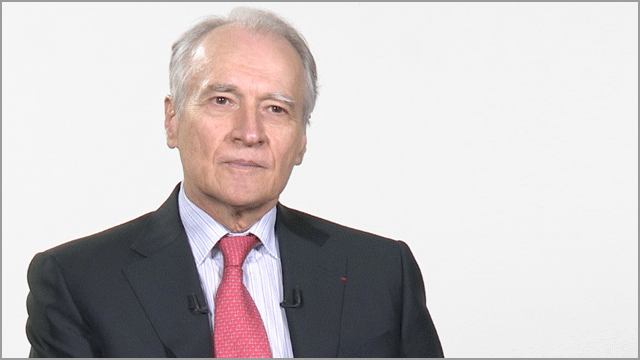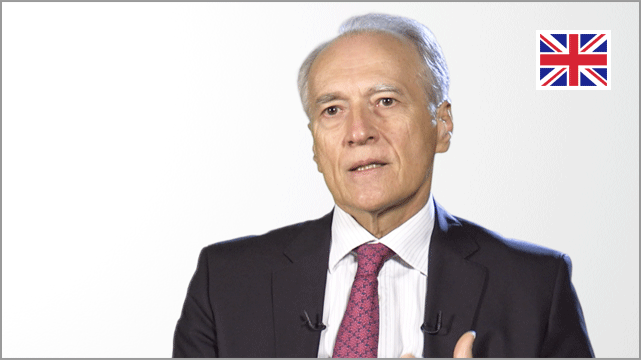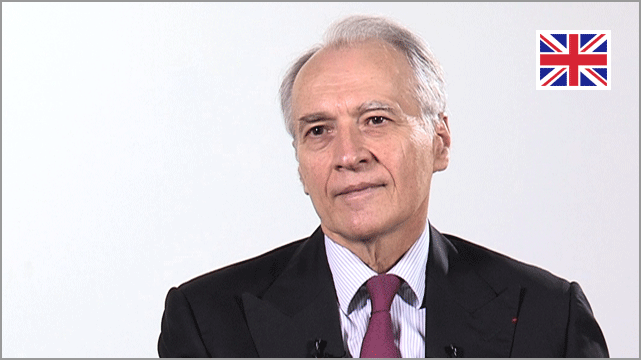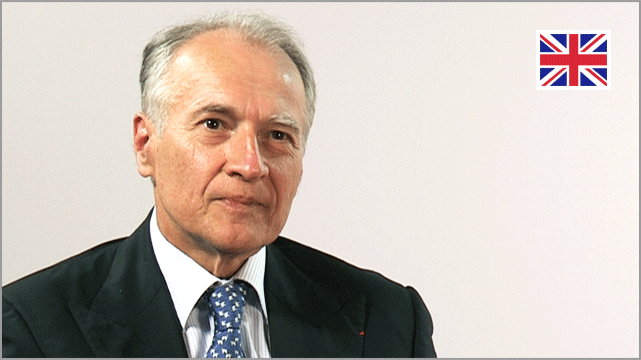EuroBusiness Media (EBM): VINCI, the world’s largest publicly traded concession and construction group, reports annual results for 2010. Xavier Huillard, welcome, you’re the Chairman & CEO of VINCI. How would you describe the Group’s performance last year?
Xavier Huillard (XH): Adrian, 2010 was a good year for VINCI. Our top line grew by close to 9%, while our operating and net profits grew slightly faster, each increasing by around 11%. We were able to achieve this by reinforcing our positions in structurally higher margin businesses, both in and outside of Europe, via our acquisitions of Cegelec, Faceo and Tarmac. We were also proactive in adapting our cost base to the new reality. And perhaps most importantly, our people pulled together to drive the Group's earnings forward in a difficult environment.
EBM: Turning now to your two main activities, Concessions and Contracting, what can you tell us in a bit more detail?
XH: If we start with Concessions, we hit our forecast in terms of sales growth on our French motorways, that is + 4%. This performance was a combination of a 2% increase in traffic levels and a similar growth due to higher tariffs and new sections coming online. More importantly, we beat our EBITDA margin target by 30 bps, finishing the year at 68.8%. But perhaps the bigger story is at the Contracting activities where we saw revenue grow in excess of 9% and the EBIT margin expand by 20 bps. The Construction segment put in the best performance where the margin improved by 40 bps. The Energy business did quite well also, and its margin was very close to where it was in 2009 despite the integration costs associated with the Cegelec acquisition.
EBM: What can you tell us about your commercial activity? How was the flow of new orders and where did your backlog stand at the end of 2010?
XH: We had a very good year in terms of order intake which was up 8% compared to 2009. We were awarded many large contracts throughout the year, including GSM-Rail, and also a 450 km pipeline in Papua New Guinea, a couple of tube stations in London, a couple of large private buildings in Paris, a high speed rail link in Hong Kong, work on an Interstate in North Carolina in the US, and a power station in Morocco, just to give you some examples. So our year-end backlog figure was €26 billion, a 15% year-on-year increase. This by the way gives us 11 months of activity on average. Furthermore, we have been awarded several large PPP and concession projects, such as the Tours-Bordeaux high speed rail link, for example. And these major projects are valued at several billion euros and will enter the backlog once the financial closings have been finalized.
EBM: Are there any potential areas of concern that we should be on the lookout for?
XH: You know, Adrian, there is a rather elegant French expression: “La vie n’est pas un long fleuve tranquille,” which more or less equates to the English expression “Life is not a bed of roses.” So yes, of course, there are things that we are paying particular attention to, but nothing that would materially impact the Group as far as we can tell today. For example, we read a lot in the press about rising input costs. We see the price of oil increasing, the price of steel going up, etc. But I would like to point out to our viewers that the price levels we are seeing in the market today are not a major concern. It is important to bear in mind that many of our large contracts have cost escalation clauses. And by nature we are fairly cautious anyway, so on some contracts we have already hedged our exposure to steel and bituminous products. There is also the political unrest in North Africa, and this is an area where we obviously do business. If this instability should remain limited to Egypt, Libya and Tunisia, we are looking at a top line exposure in 2011 of something like €130 million. So yes, we are being vigilant, as always, but no, there is nothing that is causing us major concern today.
EBM: And finally, what is your outlook for 2011?
XH: Quite simply, Adrian, we think we can continue to grow the top line slightly above 5%. Furthermore, we intend to continue to modestly expand the EBITDA margin in Concessions and maintain our EBIT margin in Contracting at its current high level. As a result, the growth of 2011 net income and EPS should be close to that of the top line.
EBM: Xavier Huillard, Chairman & CEO of VINCI, thank you very much.
XH: Thank you Adrian.





